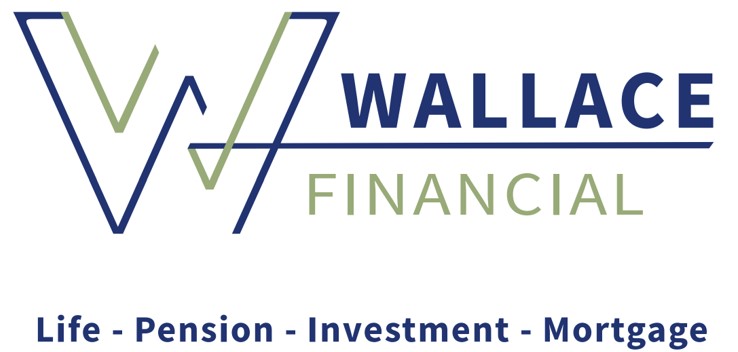Planning your retirement has arguably never been more important.
Retirement Planning
At Wallace Financial, we will help guide you through the process while at the same time ensure that you are on course to achieve your personal and financial retirement goals. There are many elements to consider when devising a retirement plan but we would consider:
Retirement Planning
eople view retirement in many different ways. Some look forward to retirement and the additional leisure time. Others view retirement with some apprehension. Some have ambitions to retire early whilst others want to continue working for as long as possible.
A pension plan is more than just savings for retirement. It should be the bedrock of your financial planning. In addition to providing retirement benefits, you can also provide protection in the event of premature death or disablement.
Why do I need a Pension Plan?
The standard of living you will enjoy during your retirement depends upon the retirement provision you will have made during your working life. A pension can represent the difference between a comfortable retirement and dependence on State benefits.
You cannot rely on the State pension to provide you with your future prosperity. The current single person’s contributory old age pension is €248.30 per week.
The earlier you start planning for retirement, the greater the fund you will have to do what you want during your retirement. Many people fall into the trap of starting planning too late, and ultimately do not have the prosperity they desire when they retire.
What about tax?
Retirement plans are one of the few investments left that offer substantial tax breaks for individuals.
The government has for a long time encouraged pension saving by allowing:
- Tax relief on contributions
- Tax free growth in all pension structures
- A tax free lump sum on retirement
Tax relief on contributions
Contributions to pension plans attract full tax relief up to certain limits. The limits are based on percentage of salary, and depend on your age. The limits are as follows and are based on a maximum salary of €115,000:
| Age | Amount which qualifies for
Tax Relief as a % of Net Relevant Earnings* |
|---|---|
| under 30 | 15% |
| age 30 to 39 | 20% |
| age 40 to 49 | 25% |
| age 50 to 54 | 30% |
| age 55 to 59 | 35% |
| 60 and over | 40% |
The advantage of tax free growth
Most investment or savings vehicles attract some form of taxation on the funds (DIRT, for example). However, retirement funds are exempt from such taxation, and this can have the effect of doubling your fund over 20 years.
A tax free lump sum on retirement
Two main options currently exist when drawing a Tax Free Lump Sum from your retirement fund and they are as follows:
1. 25% of the fund regardless of the completed services or retained benefits
or
2. Up 150% of your final remuneration inclusive of retained lump sums varying by completed services. One must have at least 20 years completed at NRA to avail of the full 1 ½ times final remuneration
The maximum life time amount that an individual can take tax free from retirement arrangements is €200,000.
Tax implications on the death of a pensioner
The tax treatment varies depending on when death occurs.
Death before taking retirement benefit
The fund value is paid to the individual’s estate and is not subject to income tax, but is subject to inheritance tax and the normal thresholds apply.
Death before taking retirement benefit
Where the individual has opted for the new “Approved Retirement Fund” system, the funds become part of the estate of the deceased.
Subject to the special tax provisions for spouses and children under 21, whatever balances are in the funds are deemed to be the income of the deceased in the tax year in which death occurs. Income tax is paid at the deceased’s marginal rate on the funds – and that income tax is paid directly from the funds to the Revenue Commissioners. This tax is charged on the fund and not on the estate. The balance of the funds remaining after the income tax charge is not liable for inheritance tax.
If a spouse inherits the funds
If there is a surviving spouse and he/she inherits the funds, or part of the funds, no liability to income tax arises at that point in time. The Inheritance tax exemption for transfers between spouse applies. The spouse “steps into the shoes” of the deceased and the same rules as applied to the deceased continue for his/her lifetime. Once the surviving spouse commenced drawdown from the inherited fund, income tax will apply on the funds drawn on an annual basis.
Summary of Pensions
